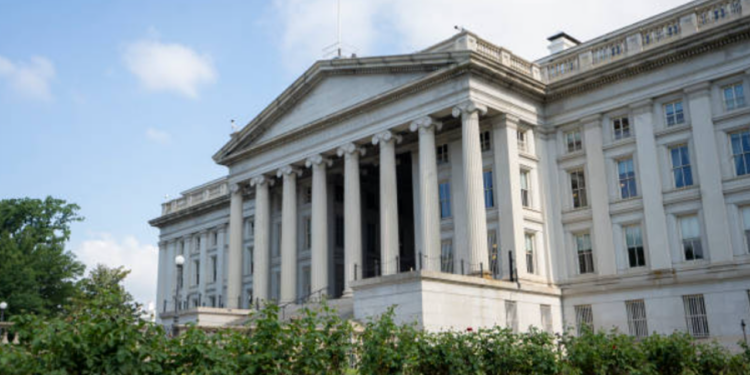Parents across 35 states can relax a bit this summer in terms of providing their children with food. It was announced on Wednesday that the U.S. Department of Agriculture announced on Wednesday that children from those states, in addition to every one of the U.S. territories and four Native American tribes, will be able to benefit from an Federal program that will offer food aid to families with low incomes during the summer break.
However, the 15 Republican governors did not join the program that would offer the equivalent of $120 per school age child during the month of summer. It would also supplement those who receive cost of the free and reduced price meals they get throughout the academic year. Governors’ choices could leave around 8 million children less confident that they will have enough food for them every day. It’s a bit cruel the decision to deliberately deny thousands of parents the security of knowing that their child will not go to sleep hungry.
There’s something terribly horrifying about a decision to intentionally deny thousands of parents of the security of knowing their child won’t be going to the bed hungry.
It is the Summer Electronic Benefit Transfer for Children The Summer Electronic Benefit Transfer for Children, also known as Summer EBT, is an result of an program to ensure food security that was launched in the outbreak of Covid-19. The bipartisan budget deal reached in 2022 created the program permanently and provided funding to parents with incomes less than the federal poverty threshold to receive a minimum of $40 per month for every kid attending school. The USDA announced that on Wednesday that it estimated that this program would “serve around 21 million kids, and will provide an estimated $2.5 billion in benefits for grocery shopping” beginning in June.
This type of policy ought to appear like a perfect fit for any state legislator. EBT is a federally-funded program that can be used for summer meals. EBT is fully funded by the federal government and does not require any purchase from state governments as well as bolsters other assistance programs such as summer meal programs and private food pantries. But the GOP-controlled government is awash across Alabama, Alaska, Florida, Georgia, Idaho, Iowa, Louisiana, Mississippi, Nebraska Oklahoma, South Carolina, South Dakota, Texas, Vermont and Wyoming declared, “Thanks, but no thank you.” Their various reasons for denying the program as outlined by the Washington Post, are quite confusing:
Governors have provided a range of reasons for not taking part in the plan, ranging from the cost amount to the fact that the specifics of the plan are been formulated. Iowa Gov. Kim Reynolds (R) said she didn’t see any need to boost the funding of the program to help food insecure children “when childhood obesity is now one of the major causes.” Nebraska Gov. Jim Pillen (R) said clearly, “I don’t believe in welfare.”
It’s certainly one way of keeping money from the pockets of families trying to meet their financial obligations. Contrary to Republicans disdain, food insecurity rates have increased since pandemic-era programs been canceled, according to the USDA. About 17 million families were facing food insecurity during 2022. 3.5 million higher than the 2021.
Data for the year 2023 is been compiled but has yet to be released, however 2024 is expected to see a sharper increase in hunger should Congress does not act quickly. WIC, the Special Supplemental Nutrition Program for Women as well as Infants and Children (also known as WIC is is facing a budget shortfall because more households enroll in the assistance program. A bill to fund the short-term spending of the federal government which was approved in November provided the government with $6 billion of WIC funds for the year, however an analysis by the Center for Budget and Policy Priorities earlier this month advised that USDA could be over $1 billion short of $1 billion.
When food prices soared this the year WIC Participation grew by more than 6.6 millions mothers as well as children. The New York Times reports that without an infusion of funding from Congress, states will likely only have enough money to provide full benefits through the end of March to the more more than 50% of the infants who live in the U.S. who receive these benefits. In the future, states may be required to include parents on the waiting list to receive advantages for the very first time in the last 30 years.

